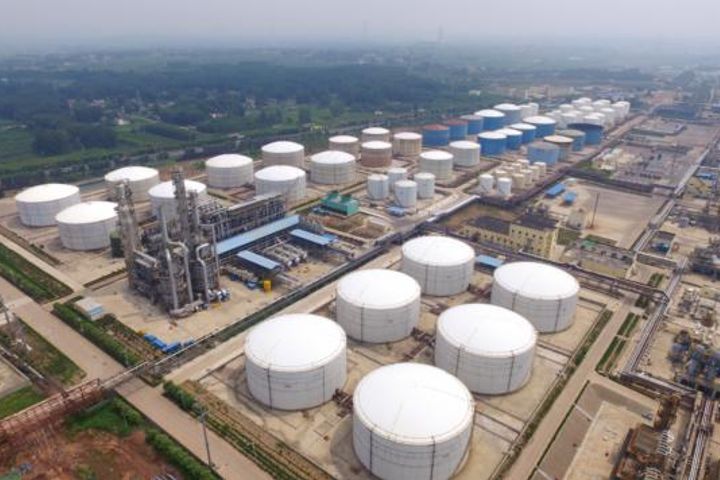 China's Private Oil Refiners Face Shakeup Amid Import Quotas, Tax Changes
China's Private Oil Refiners Face Shakeup Amid Import Quotas, Tax Changes(Yicai Global) August 16 -- A major shakeout is brewing for private oil refineries in China's eastern Shandong province, home to most of the independent 'teapot' refiners in the largest oil importing country, signaling the end of a multi-year boom.
Changes to pollution-related import quotas and tax policy are bringing new pressures to bear on private refiners, which had successfully challenged the monopoly ofstate oil majors Sinopec, PetroChina and China National Offshore Oil. Beijing last month issued a second, larger batch of bi-annual import quotas for private operators, representing a total 11.91 million tons. But changes in tax policy are crimping profit margins.
The profitability gapis widening between local refiners, according to a processing base manager based in Dongying, home to the Shengli oilfield."If the local refineries fail to transform their businesses in time, some of them will face elimination," an anonymous market insider added.
Shandong has more than 80 private refineries, about half of which can process the minimum requirement of over two million tons of oil a year, qualifying them for quotas, according to data from petrochemicals consultancy OilChem. This also means that roughly half of these processing plants are heading into the red.
"Those with crude oil import quotas are operating at full steam, andtheir profits are pretty high," the base manager said. "However, plants with processing capacity below two million tons do not have import quotas, and the majority of them have shut down most production activities, with theiroperating ratesstanding at less than 30 percent."Rising raw material costs and changes in the tax policy governing refined oil consumption are causing losses, he added.
The State Administration of Taxation released a refined oil consumption tax administration document in March, making it impossible for local plants to evade the tax. The move deprived them of their most important source of profit.
The state will tighten up control on crude oil import and refined product export quotas in the future, with the aim of preventing an excess of either, Dong Xiucheng, vice chairman of the China Petroleum Circulation Association, said at an industry forum late last year.
The lack of reliable raw material supplies and sales channels has significantly weakened the competitiveness of local oil refiners, while the state-run giants such as PetroChina and Sinopec will likely regain the sales that they once lost to local plants.
In the face of these challenges, curbing risk by deepening tie-ups is the best way to curb risks, according to Wu Qi, a senior analyst at Chinese think tank Pangoal Institution.
Market integration has already begun among teapot refiners in Shandong as dwindling profits are forcing some private refiners to turn to state-owned companies for help, and mergers have become a new trend. CNOOC has acquired Dongying Petrochemical, China Offshore Bitumen, and Haihua Petrochemical. ChemChina has also become a shareholder of a number of local refiners such as Huaxing, Jinan Petrochemical and Great Wall Refinery.
Editor: Emmi Laine